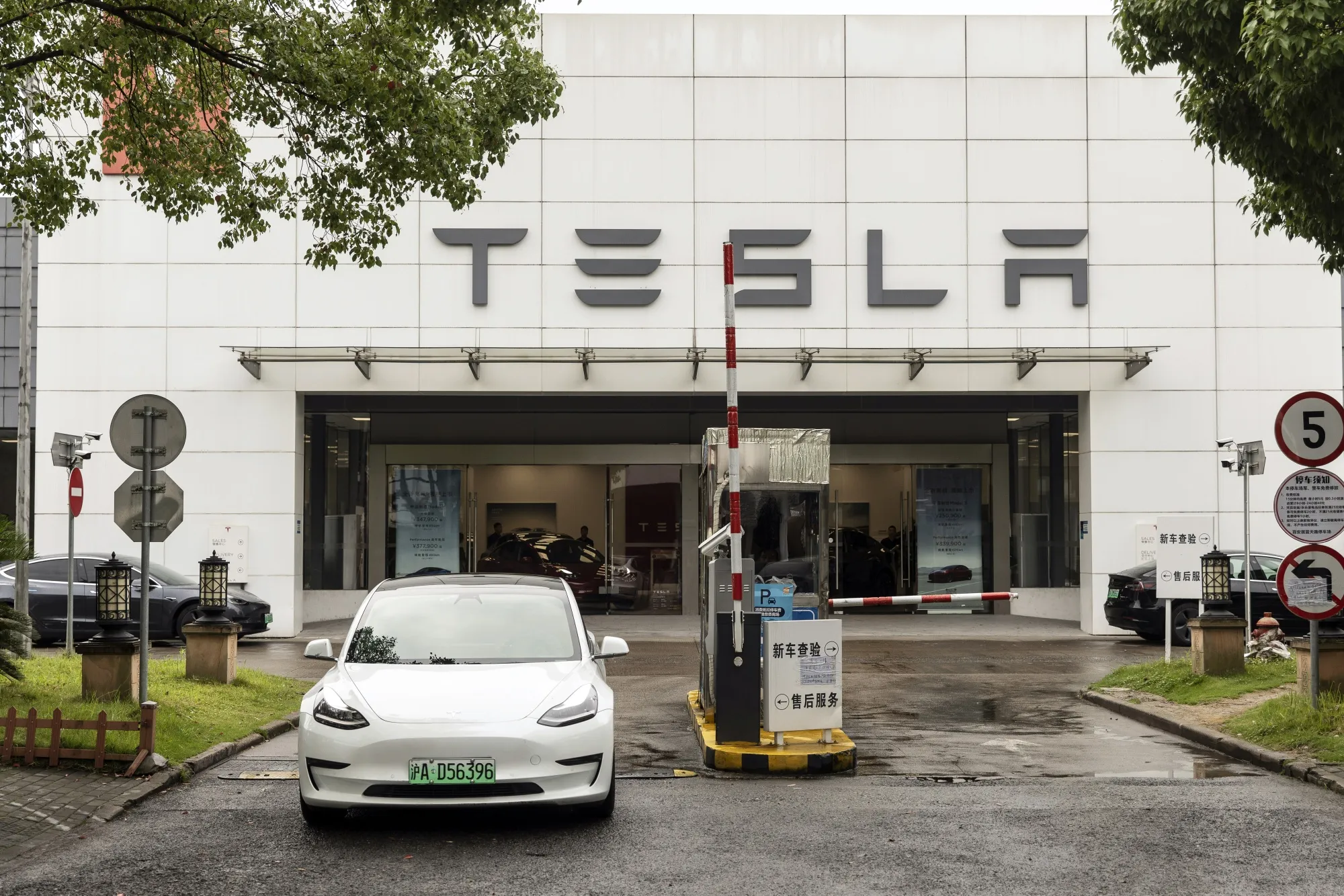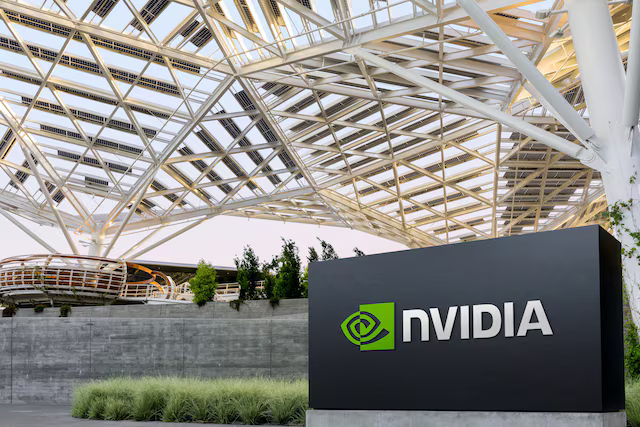Nvidia, the world’s leading artificial intelligence (AI) chipmaker, is significantly expanding its presence in China, focusing on autonomous driving technology and research capabilities.
According to a report from Bloomberg News, Nvidia has added approximately 200 employees in China this year, bringing its total workforce in the country to nearly 600. This development comes as Nvidia faces growing regulatory scrutiny from Chinese authorities over potential anti-monopoly violations.
Nvidia’s expansion in China is part of its broader strategy to strengthen its research and development (R&D) for AI-driven cars. The company has significantly grown its headcount in Beijing, where it recently opened a new office in the Zhongguancun tech hub — often referred to as “China’s Silicon Valley.”
The additional hires include researchers working on autonomous driving technology, as well as staff focused on after-sales support and networking software development. These efforts align with Nvidia’s long-term goal of advancing automation technology for vehicles, a sector the company has been exploring for over a decade.
Nvidia’s global workforce has also seen substantial growth. As of February 2024, the company employed approximately 29,600 people across 36 countries. The surge in hiring in China reflects Nvidia’s response to growing demand for AI and autonomous driving solutions in one of the world’s largest electric vehicle (EV) markets.
China’s EV market has experienced rapid growth in recent years, driving demand for cutting-edge AI-powered driving technologies. This demand creates an opportunity for Nvidia to establish a stronger foothold in the region. By increasing its research capacity and local expertise, Nvidia is positioning itself to meet the needs of EV manufacturers looking to integrate autonomous driving technology into their vehicles.
While Nvidia’s presence in China has expanded, its revenue from the region has seen a decline. In the year ending January 2024, China accounted for 17% of Nvidia’s total revenue, down from 26% two years earlier. This shift reflects the impact of US export restrictions on advanced AI chips to China, which has influenced Nvidia’s business strategy in the country.
Nvidia’s expansion in China comes at a time of heightened regulatory scrutiny. Chinese authorities recently launched an investigation into Nvidia’s acquisition of Israeli networking firm Mellanox Technologies, approved in 2020. The probe, which focuses on potential violations of China’s anti-monopoly laws, is seen by some analysts as part of China’s broader response to US restrictions on Chinese access to advanced AI and semiconductor technology.
Although the ongoing investigation poses a potential risk for Nvidia’s operations in China, the company has so far declined to comment on Bloomberg’s report or on the regulatory probe.
Nvidia’s efforts to develop AI-powered autonomous driving technology are part of a larger push by automakers and technology companies worldwide. With advancements in AI and machine learning, autonomous driving is seen as a key area for growth, especially as EV adoption continues to rise. Companies like Tesla, Waymo, and Chinese firms such as Baidu and Xpeng are all vying for leadership in this space.
Nvidia has positioned itself as a critical enabler of this transformation, offering advanced AI chips and computing platforms that automakers use to train and deploy self-driving systems. Its DRIVE platform is already being used by several global carmakers, providing a pathway for Nvidia to capitalize on the ongoing shift toward automated and electric vehicles.
Nvidia’s decision to expand its workforce in China underscores its commitment to developing AI-driven car technology, despite regulatory headwinds. By adding 200 employees to its operations in Beijing and opening a new office in the Zhongguancun tech hub, Nvidia is seeking to strengthen its R&D capabilities in a rapidly growing market for electric and autonomous vehicles. However, the company faces regulatory uncertainty as Chinese authorities probe its acquisition of Mellanox Technologies.









